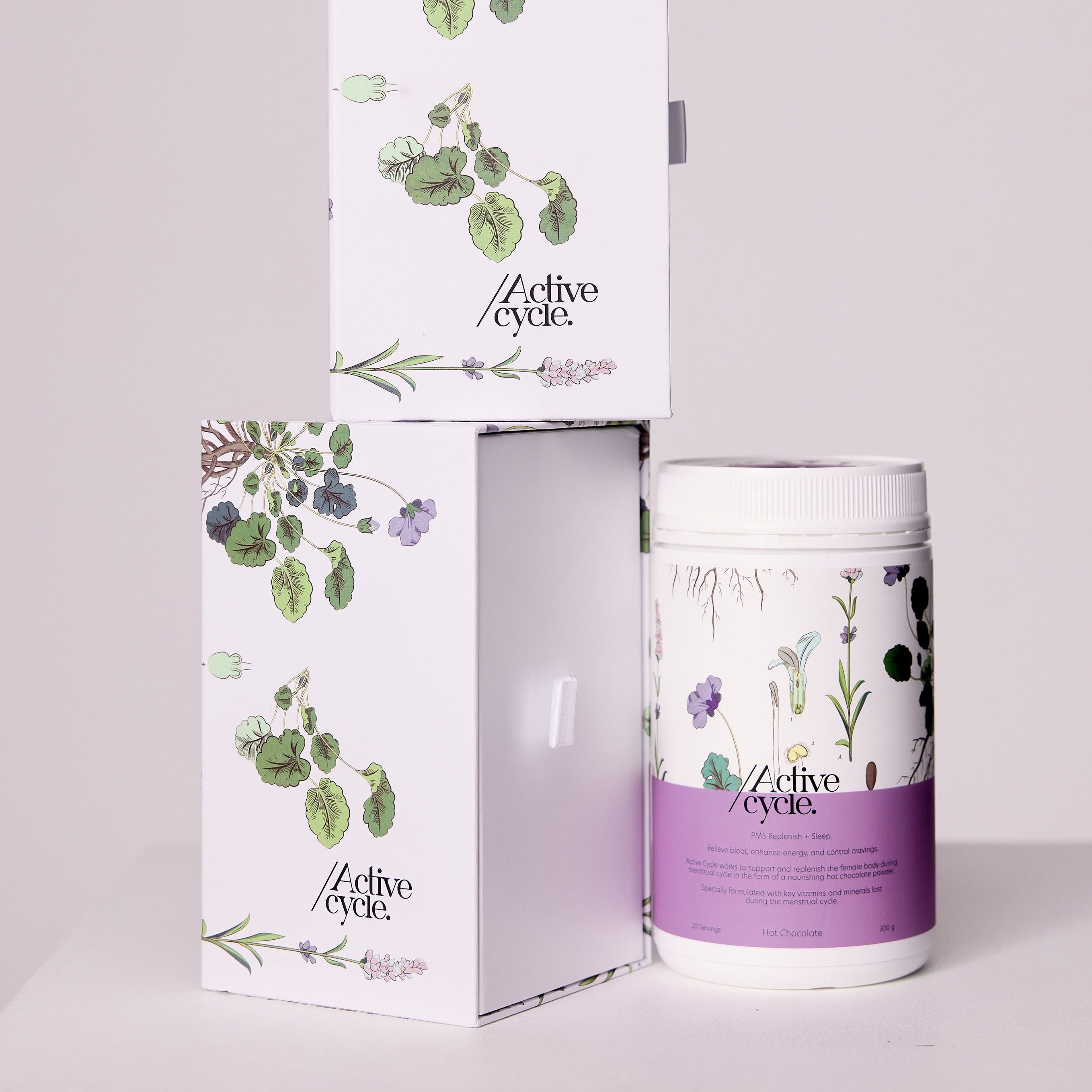With the growing popularity of collagen supplements comes the growing list of common questions. Like any supplement, we want to be sure we’re making the right choice and getting the most bang for our buck. Although, figuring this out alone can be confusing.
When it comes to health in particular there’s no doubt a lot of people turn to Doctor Google for answers, ending up down a rabbit hole of conflicting views and probably more questions. Let us lay down the facts for you and put your common questions to rest.
How do collagen supplements work?
Collagen is one of the most abundant proteins in the body accounting for around 25-30% of the body’s total protein. It is the major component of our tissues such as skin, tendons, ligaments, cartilage and bones. Collagen supplements contain protein in the form of amino acids which are the building blocks of protein. By ingesting collagen our body can utilise these amino acids - through absorption – to synthesise collagen proteins and support and restore our tissues. Due to the fact collagen protein provides health benefits beyond nutrition it is referred to as a functional food.
How much collagen should I take per day?
There are various studies describing the beneficial effects different amounts of collagen have on the body. These amounts range from 2.5g to 15g per day depending on the outcome. However, your best bet is to look for a collagen supplement with at least 2.5-5g of collagen per serve so you know you’re getting the minimum requirements to see positive results. It is also recommended that collagen be taken daily – just like brushing your teeth – in order to reap the most benefit.
Is collagen a complete protein?
Collagen supplements are composed of 19 different amino acids. Although not all amino acids are created equal. There are 2 different categories of amino acids: essential and non-essential. Essential amino acids must be consumed through diet as our bodies are unable to synthesise them, whereas non-essential amino acids can be synthesised by the body. Collagen contains 8 of the 9 essential and 11 of the 21 non-essential amino acids, therefore it is not considered a complete protein source. It does, however, contain high amounts of proline, glycine and hydroxyproline which make up around 50% of each collagen protein.
What is the difference between collagen and hydrolysed collagen?
Collagen is essentially the larger protein that hydrolysed collagen is made from. Collagen rich animal sources – most commonly bovine or marine – are taken and broken down into smaller collagen proteins (the amino acids) through the process of hydrolysis. Hence the name hydrolysed collagen. These smaller collagen proteins are more easily utilised by the body as they have greater digestibility, absorbability and bioavailability than just eating collagen rich foods such as eggs, meat and chicken skin.
Are all collagen supplements the same?
When choosing a collagen supplement there is one standout ingredient to look out for that can’t be missed: Vitamin C! Collagen and vitamin C go hand in hand when it comes to promoting collagen production. Vitamin C is a cofactor for the amino acid enzymes that create collagen’s stable structure. Studies have shown increased collagen production when vitamin C is present in appropriate amounts.
How long do you need to be taking collagen to see results?
Benefits seen after collagen supplementation don’t just happen overnight. Scientific research using VerisolÒ Collagen Peptides – which are found in Active Collagen - have shown that longer lasting benefits are seen after 8 weeks of daily supplementation. However, most effective and visible results are noticeable with ongoing supplementation.
Am I too young for collagen supplements?
The short answer is no. As we age our bodies naturally lose collagen through lack of regeneration. Overall, this loss is seen as a 1% decline in collagen per year from around the age of 25. This loss of collagen is most noticeable in the skin as wrinkles, loose and dry skin, and loss of skin elasticity in older populations. The good news is collagen regeneration can be supported through adding collagen to your daily diet and there is no age limit on starting.
Will collagen supplements only help my skin?
It’s true that collagen gains a lot of attention in terms of its benefits for skin health. Though, its benefits are systemic from improving joint health to increasing bone mineral density (BMD). One small study on athletes showed decreased pain levels in activity-related joint pain when supplementing with hydrolysed collagen. Another study found that collagen peptides increased BMD after 12 months of supplementation in postmenopausal women with low BMD due to age-related decline. Of course, collagen does perform wonders for your skin too, but it has the potential to do much more.
We hope our answers have cleared some of your questions up for you. We might be bias, but we think Active Collagen All-In-One collagen powder ticks all the boxes when it comes to choosing a collagen supplement. With added vitamin C, scientifically backed VerisolÒ Collagen Peptides and providing 5g of collagen per serve you can be sure you’re choosing a quality product.
Paul, C., Leser, S., & Oesser, S. (2019). Significant Amounts of Functional Collagen Peptides Can Be Incorporated in the Diet While Maintaining Indispensable Amino Acid Balance. Nutrients, 11(5), 1079. https://doi.org/10.3390/nu11051079
Deane, C. S., Bass, J. J., Crossland, H., Phillips, B. E., & Atherton, P. J. (2020). Animal, Plant, Collagen and Blended Dietary Proteins: Effects on Musculoskeletal Outcomes. Nutrients, 12(9), 2670. https://doi.org/10.3390/nu12092670
Gauza-Włodarczyk, M., Kubisz, L., & Włodarczyk, D. (2017). Amino acid composition in determination of collagen origin and assessment of physical factors effects. International journal of biological macromolecules, 104(Pt A), 987–991. https://doi.org/10.1016/j.ijbiomac.2017.07.013
Hou, Y., Yin, Y., & Wu, G. (2015). Dietary essentiality of "nutritionally non-essential amino acids" for animals and humans. Experimental biology and medicine (Maywood, N.J.), 240(8), 997–1007. https://doi.org/10.1177/1535370215587913
León-López, A., Morales-Peñaloza, A., Martínez-Juárez, V. M., Vargas-Torres, A., Zeugolis, D. I., & Aguirre-Álvarez, G. (2019). Hydrolyzed Collagen-Sources and Applications. Molecules (Basel, Switzerland), 24(22), 4031. https://doi.org/10.3390/molecules24224031
Pullar, J. M., Carr, A. C., & Vissers, M. C. M. (2017). The Roles of Vitamin C in Skin Health. Nutrients, 9(8), 866. https://doi.org/10.3390/nu9080866
Proksch, E., Schunck, M., Zague, V., Segger, D., Degwert, J., & Oesser, S. (2014). Oral intake of specific bioactive collagen peptides reduces skin wrinkles and increases dermal matrix synthesis. Skin pharmacology and physiology, 27(3), 113–119. https://doi.org/10.1159/000355523
Bolke, L., Schlippe, G., Gerß, J., & Voss, W. (2019). A Collagen Supplement Improves Skin Hydration, Elasticity, Roughness, and Density: Results of a Randomized, Placebo-Controlled, Blind Study. Nutrients, 11(10), 2494. https://doi.org/10.3390/nu11102494
Ganceviciene, R., Liakou, A. I., Theodoridis, A., Makrantonaki, E., & Zouboulis, C. C. (2012). Skin anti-aging strategies. Dermato-endocrinology, 4(3), 308–319. https://doi.org/10.4161/derm.22804
Clark, K. L., Sebastianelli, W., Flechsenhar, K. R., Aukermann, D. F., Meza, F., Millard, R. L., Deitch, J. R., Sherbondy, P. S., & Albert, A. (2008). 24-Week study on the use of collagen hydrolysate as a dietary supplement in athletes with activity-related joint pain. Current medical research and opinion, 24(5), 1485–1496. https://doi.org/10.1185/030079908x291967
König, D., Oesser, S., Scharla, S., Zdzieblik, D., & Gollhofer, A. (2018). Specific Collagen Peptides Improve Bone Mineral Density and Bone Markers in Postmenopausal Women-A Randomized Controlled Study. Nutrients, 10(1), 97. https://doi.org/10.3390/nu10010097




